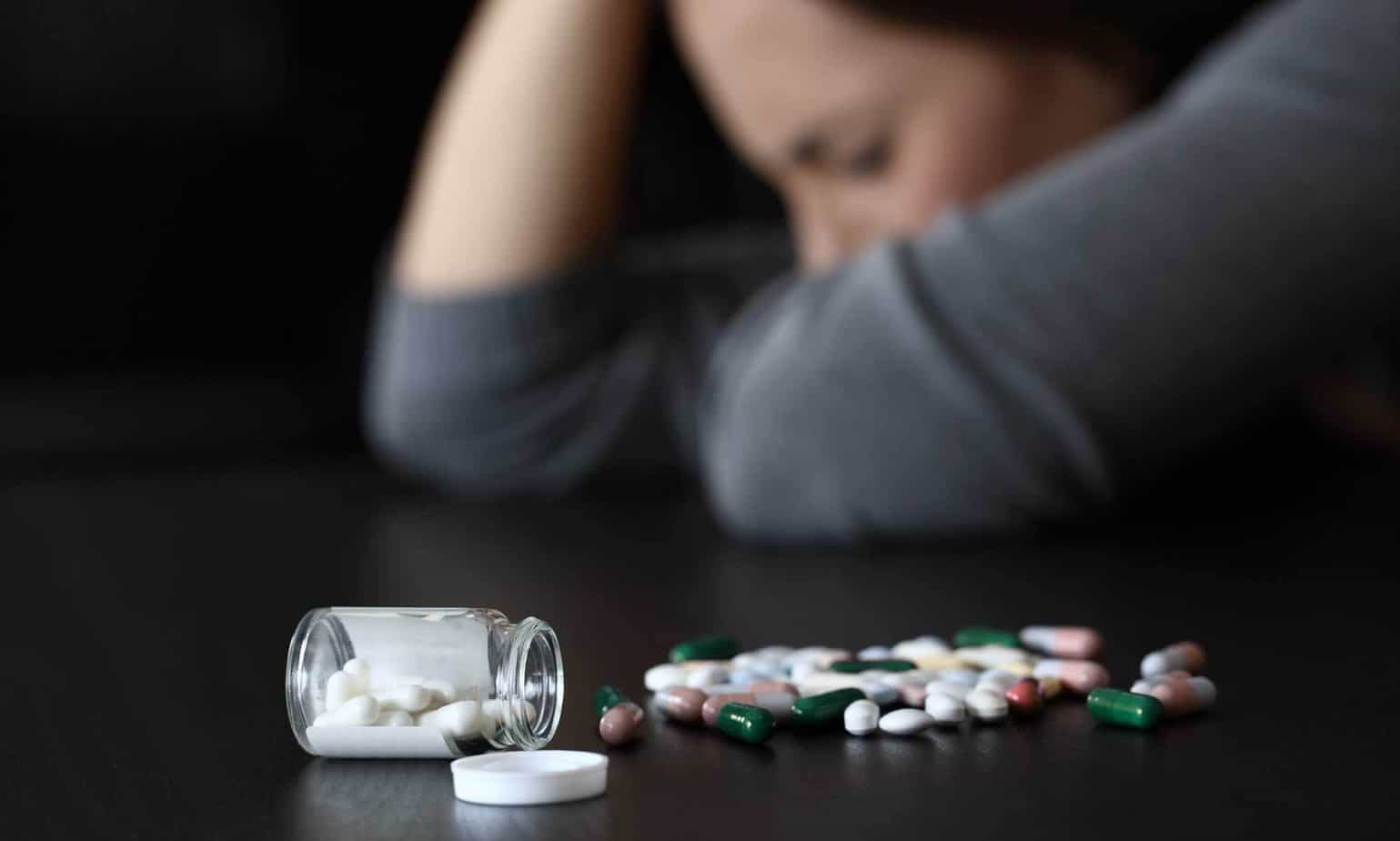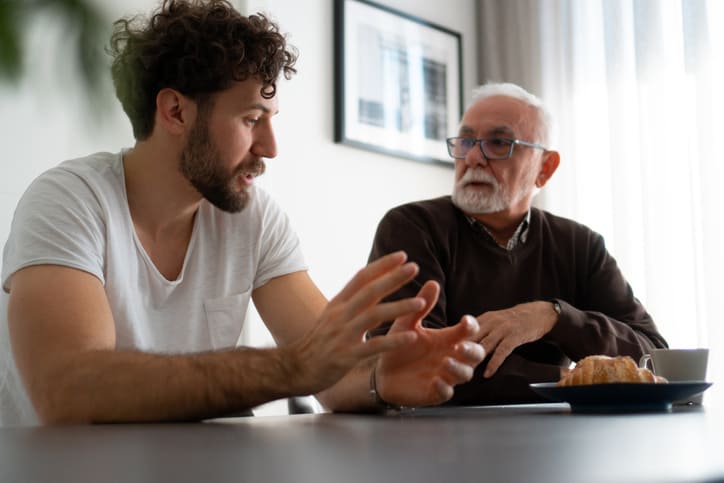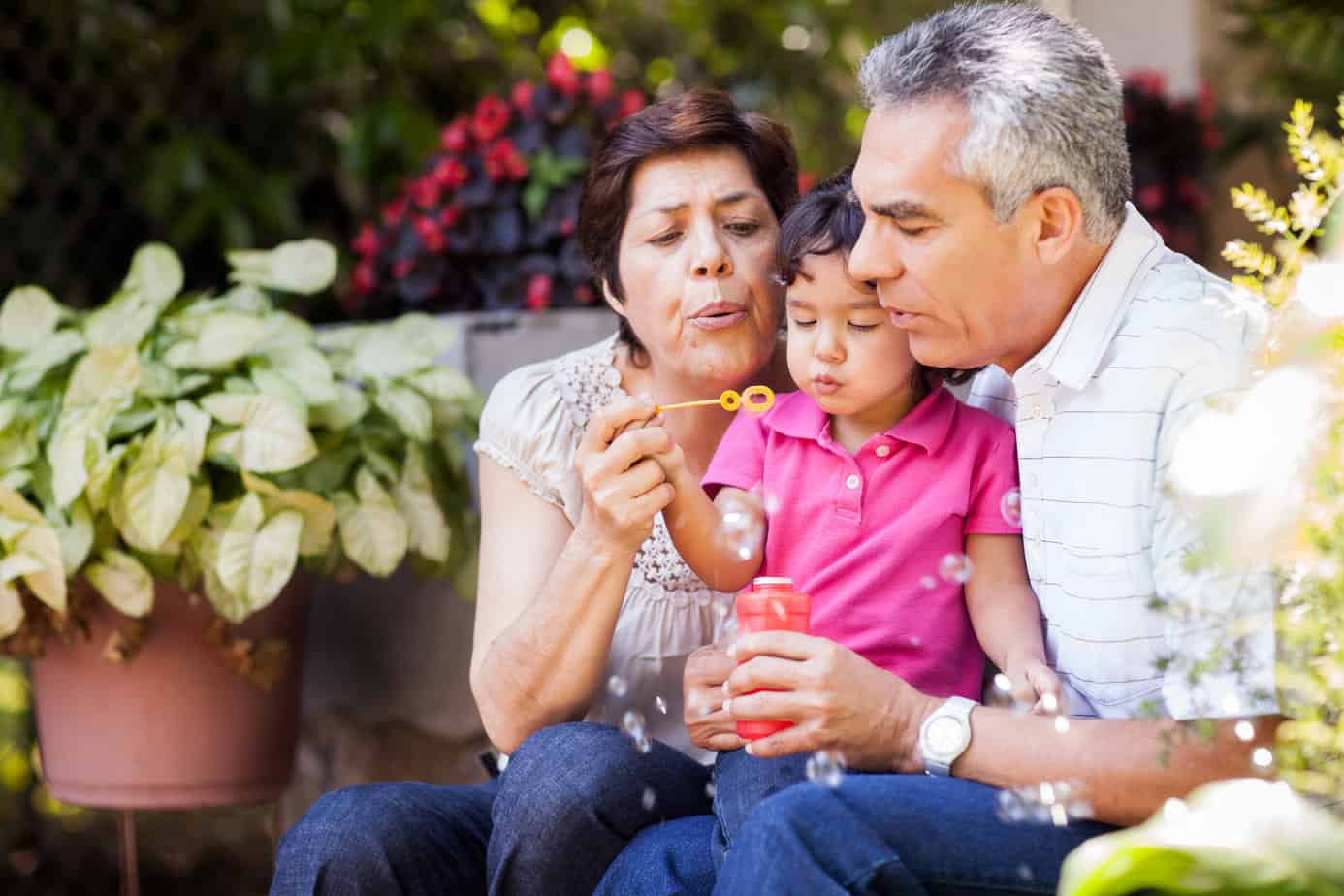Witnessing a loved one’s alcohol addiction or drug abuse is heartbreaking. Drug and alcohol abuse may have dramatically affected the life of your son, daughter, spouse, or other family members, but no doubt your world has been dramatically changed as well. You constantly have anxious thoughts about your loved one’s health, are unable to sleep soundly during the night, and some days you may feel too hopeless to get out of bed.
While your natural instinct may be to do everything you can to help your loved one, Jana Wu, Director of Cultural Integration, explains to NY1, “The best thing to do is to get help for yourself first. Seek out support resources and education and understand that this illness is not something that someone can control.”
Rehab Support Services that Help Families Assist Their Loved Ones
Most drug and alcohol treatment centers offer basic services for families impacted by their loved one’s addiction. They may have educational workshops, support groups, and family therapy sessions. The goal behind these resources trends toward educating family members to support their loved one’s recovery and repair strained relationships.
While these substance abuse treatment resources are indeed valuable for the individual struggling with drugs and alcohol, they do not necessarily address the trauma and hurt the family members have endured. They also do not alleviate the mental health disorders that families may have developed from living with addiction in the household.
Professional Treatment and Care to Help Families Get Better Themselves
Below are two family treatment options to begin the healing journey:
Family Outpatient Services
Family members can go to any therapist for their struggles, but there is value in working with counselors who specialize in substance abuse and better understand the unique dynamics of family addiction.
A new substance abuse treatment approach recently launched by Mountainside is a structured 10-week Outpatient Program (OP) designed to help deepen family members’ understanding of addiction and recovery fundamentals. This family services program is the first of its kind to offer a structured curriculum and experienced, gentle guidance, which helps the family overcome substance abuse disorder (SUD) as a unit.
In the program, clinicians guide families through a cohesive family program that covers a range of topics, some of which include
- Understanding addiction as a disease
- Coping with depression, trauma, and grief stemming from a loved one’s struggle
- Rebuilding trust for long-lasting relationships
This baseline of comprehensive education becomes the foundation upon which families build a sustainable recovery.
Group Therapy
Clinical group therapy is a crucial aspect of Family Outpatient Services where clients can explore various topics in a safe, nonjudgmental setting. There is a trained facilitator who encourages open conversation but also asks insightful questions to guide clients in processing complex feelings and thoughts. This type of therapy is based on a cognitive behavioral therapy (CBT) model, which is a proven treatment method for substance abuse.
Addiction can be an isolating experience for both the person dealing with the disease and their family and friends. Family group therapy helps individuals within the unit feel less alone and better understood because they hear from others who are in similar situations. Family members find it insightful to listen to other people’s perspectives on how they handle problems. This can raise a family member’s self-awareness, offering insight into their own thoughts and behaviors.
Group therapy can also help a parent, spouse, or child develop new coping skills. A facilitator may ask group members how they cope with stress or anxiety, and then offer solutions to ease these symptoms. Many people find comfort in group therapy sessions, since they offer a community-based atmosphere, allowing individuals to listen to the ups and downs of other family members’ addiction experiences.
Individual Therapy
Clinicians conduct regular one-on-one therapy sessions with the family client to work through their unique mental health symptoms. In the family outpatient program, the individual can focus on starting their own recovery. This is where a person can dive deeper into any emotional trauma, depression, or other mental health issues they would rather discuss in a private setting with a professional. For example, if a mother is experiencing anxiety and depression every day due to her child’s substance abuse, then the clinician will provide strategies for her to focus on her well-being while also being supportive of her child without enabling.
Family Recovery Coaching
Family outpatient programs provide families with the education and tools to begin their recovery, while family recovery coaching focuses on incorporating those skills into clients’ daily lives. Coaches give families professional peer support to help address the everyday realities of living with a loved one who struggles with alcohol or drug abuse.
Unlike therapy, which often delves into past events and behaviors, family recovery coaching places a strong emphasis on the present to help each family member build a better, happier future. Clients work together with their coach to create a comprehensive wellness plan, establish a self-care routine, identify any codependent behaviors, and practice accountability.
A wellness plan looks different for everyone and is based on a client’s needs and what they are hoping to achieve. If an individual is trying to eat healthier, set boundaries to protect themselves, or reduce their depression symptoms, these are large goals that are hard to reach overnight. Family recovery coaches work with the client to create short- and long-term goals to help them heal.
Lastly, family recovery coaches are more accessible than counselors and can be reached at all times of the day, giving families and their loved ones experiencing substance abuse regular contact with their coach in times of need.
Additional Support Resources for Families
Aside from counseling or coaching, family support groups are valuable tools that offer assistance for family members affected by a loved one’s addiction. Some groups follow an Alcoholics Anonymous format, such as Al-Anon, which is for those who know someone struggling with alcohol abuse, and Nar-Anon, which is for those who know someone addicted to drugs. Others may be 12-step based and some groups are specific to parents, spouses, siblings, or children.
Many people find comfort in support groups because they allow members to air out any grievances or troubling thoughts in a safe, non-clinical setting. They are also an environment to connect with other family members and share successes and setbacks. Attendees can choose not to talk and just listen to others who are going through similar experiences.
In addition to Mountainside’s Family OPS and Recovery Coaching Programs, we provide regular free in-person and virtual support groups and educational workshops for the family unit. We understand the complexities families experience when a member struggles with substance abuse. To begin your own healing journey, please reach out to us at Mountainside to learn more about what we offer individuals and families struggling with substance abuse and alcohol addiction.
If you or a loved one is struggling with addiction, Mountainside can help.
Click here or call (888) 833-4676 to speak with one of our addiction treatment experts.

 By
By 







